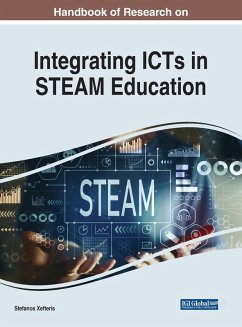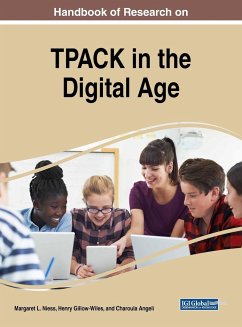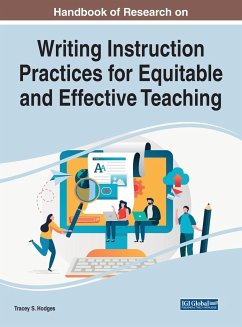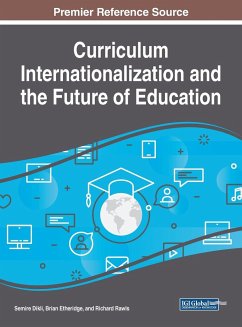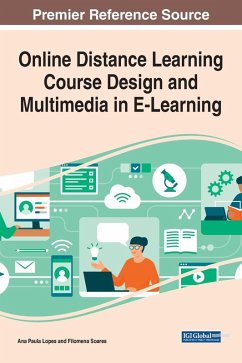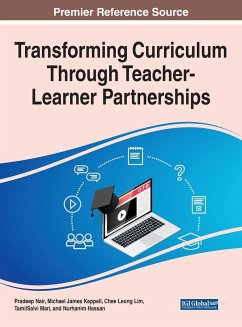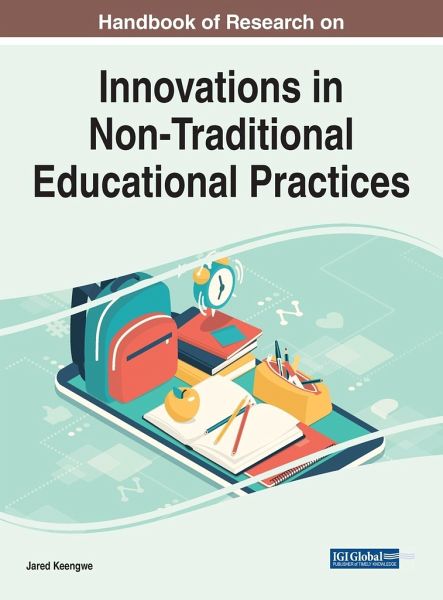
Handbook of Research on Innovations in Non-Traditional Educational Practices
Versandkostenfrei!
Versandfertig in 1-2 Wochen
250,99 €
inkl. MwSt.

PAYBACK Punkte
125 °P sammeln!
While many school districts and institutions of higher education still cling to the traditional agrarian school year with a factory model delivery of education and Carnegie units based on seat time when most people are no longer farmers, factory workers, or reliant on learning in a classroom, there are bursts of promising practices that buck the norm by questioning the educational value of these traditions. Though researchers have investigated the potential of students learning in their own homes via personalized instruction delivered by computers rather than attending traditional institutions...
While many school districts and institutions of higher education still cling to the traditional agrarian school year with a factory model delivery of education and Carnegie units based on seat time when most people are no longer farmers, factory workers, or reliant on learning in a classroom, there are bursts of promising practices that buck the norm by questioning the educational value of these traditions. Though researchers have investigated the potential of students learning in their own homes via personalized instruction delivered by computers rather than attending traditional institutions, the status quo in education has remained stubbornly resistant to change. Mixed-reality simulations, year-round schooling, grouping students by competencies instead of age, and game-based teaching are just a few of the educational innovations that seek to maximize learning by recognizing that innovation is essential for successfully teaching students in the modern era. The Handbook of Research on Innovations in Non-Traditional Educational Practices is a comprehensive reference source that examines various educational innovations, how they have developed workarounds to navigate traditional systems, and their potential to radically transform teaching and learning. With each chapter highlighting a different educational innovation such as experiential learning, game-based learning, online learning, and inquiry-based learning and their applications in all levels of education, this book explores the issues and challenges these educational innovations face as well as their impact. It is intended for academicians, professionals, administrators, and researchers in education and specifically benefits academic deans, vice presidents of academic affairs, graduate students, faculty technology leaders, directors of teaching and learning centers, curriculum and instructional designers, policymakers, principals and superintendents, and teachers interested in educational change.







